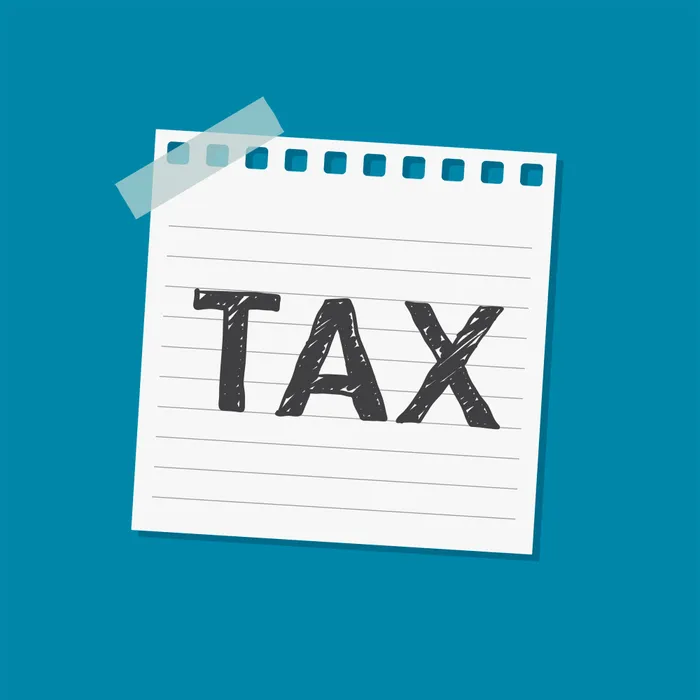
Tax Sars has announced the official filing season for trusts, running from September 2025 to January 2026. Trustees are reminded of their legal obligations and the importance of timely submissions to avoid penalties.
Image: Freepik
The South African Revenue Service (Sars) has issued a firm reminder to trustees and the public that the official filing season for trusts will run from September 20, 2025 to January 19, 2026.
It says this annual obligation applies to all trusts, regardless of whether they are economically active.
“Every trust is considered a taxpayer under the Income Tax Act, No. 58 of 1962. Trustees are legally required to file a return on behalf of the trust or appoint a registered tax practitioner to do so,” Sars stated.
Sars emphasises that all trusts, including dormant or inactive ones, must submit a tax return. It says this is because a trust is defined as a “person” in terms of the Income Tax Act and is therefore subject to tax compliance. Trustees, as representative taxpayers, carry the responsibility of ensuring that the trust’s tax affairs are in order. Sars says it also reminds trustees that they may be classified as provisional taxpayers if they receive income other than remuneration.
Trustees must also take note of the requirement to submit the IT3(t) third-party data return, which outlines amounts vested to beneficiaries. This return is due by September 30, 2025. “Trustees must ensure that the IT3(t) return is submitted on time, as it forms a critical part of Sars’s third-party data collection,” the revenue service noted.
According to Sars, when submitting the trust’s tax return, trustees must include the trust instrument (such as the trust deed), annual financial statements, Letters of Authority from the Master of the High Court, resolutions or minutes from trustee meetings, and an organogram showing beneficial ownership. Beneficiaries must also declare any income received from the trust in their personal tax returns.
Sars says it has streamlined the filing process through its digital platforms. Trustees can submit the Trust Income Tax Return (ITR12T) via eFiling or book an appointment to visit a Sars Service Centre.
“We encourage taxpayers to use eFiling for a seamless experience. However, those who prefer in-person assistance must meet specific requirements before visiting a Sars branch,” the agency advised.
Sars has reiterated its strict stance on tax compliance. Failure to register, file, declare income accurately, or settle tax debts will result in penalties, interest, and possible criminal charges. “Sars takes a zero-tolerance approach to non-compliance. Trustees must take their obligations seriously to avoid legal consequences,” the authority says.
Trustees and beneficiaries are encouraged to visit the Sars website for detailed guidance on trust taxation, provisional tax, and filing procedures.
PERSONAL FINANCE